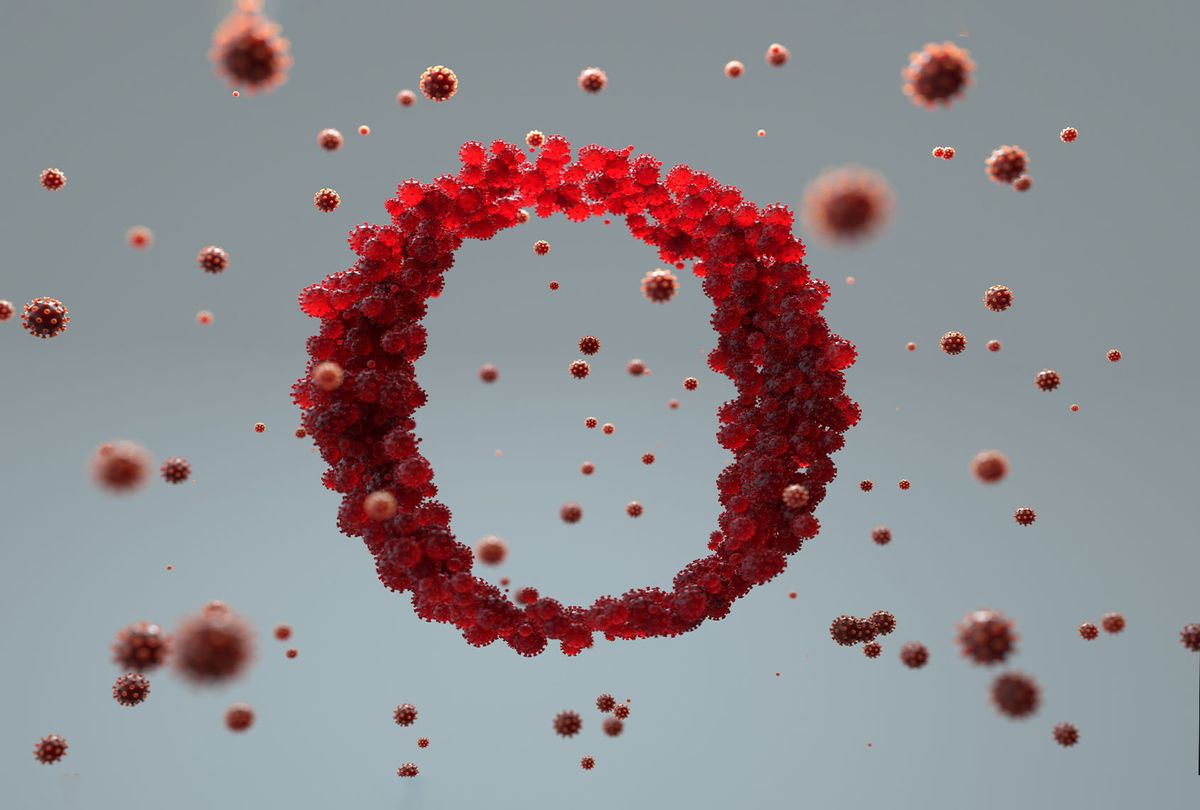The Pfizer-BioNtech COVID-19 vaccine partially protects against the omicron variant, according to the preprint of a study published by researchers in South Africa on Tuesday.
The study is the first of its kind to provide any insight into how current vaccines will protect against the omicron variant, which is believed to be more transmissible than the delta variant. However, omicron appears to cause less severe disease.
The study was a small, in-vitro study, in which researchers looked at samples from 12 people who had been fully vaccinated with Pfizer's vaccine to see how their antibodies would respond to the omicron variant. The results showed that these antibodies were less successful at keeping the Omicron variant from infecting cells, about one-fortieth as effective as what researchers saw with previous variants of the coronavirus. This number is likely to change as more samples are tested, and studies are conducted.
"There is a very large drop in neutralization of omicron by BNT162b2 [Pfizer/BioNTech's vaccine] immunity relative to ancestral virus," Alex Sigal of the Africa Health Research Institute in Durban, who led the study team, said on Twitter. "Omicron escape from BNT162b2 neutralization is incomplete.
Notably, there appeared to be a stronger immune response from those who were infected with COVID-19 before getting vaccinated.
"Previous infection [plus] vaccination still neutralizes," Sigal added. "This is not a variant that has completely escaped; it certainly escapes. It is certainly bad. But it looks to me like there are ways of dealing with it."
While research is still pending, it is likely boosters will help.
"My impression is if you get a booster you are protected, especially against severe disease," Sigal said. "It took a hit — a bigger hit than we have seen before — but it didn't take it down to levels that are insubstantial."
The good news is that omicron still infects human cells via the ACE2 receptor. This means that existing vaccines are still effective against the variant to some extent.
"Imagine if this virus had found a different receptor to bind to," Sigal asked. "Then all of our vaccines would have been trash."
As Salon previously reported, across the entire genome of the variant, there are 50 mutations; 32 are in the spike protein, which is implicated in the virus' ability to attach and gain entry into human cells. Most of the current vaccines train the human body's immune system to recognize a specific spike protein on the coronavirus, which is how we build protection against the virus overall. However, many modifications to the spike protein could result in the body no longer being able to recognize the spike protein vis-a-vis the current vaccine — hence, the potential for re-infection among the vaccinated.
The news has led to some scientists suggesting that omicron-specific vaccines will be needed.
"Given the very large drop in neutralizing antibody titers that are seen here with omicron," Jesse Bloom, a virologist at the Fred Hutchinson Cancer Research Center, told the New York Times, "certainly in my view it would merit pushing forward as fast as possible with making omicron-specific vaccines, as long as it seems like there's a possibility it could spread widely."
Want more health and science stories in your inbox? Subscribe to Salon's weekly newsletter The Vulgar Scientist.

Shares